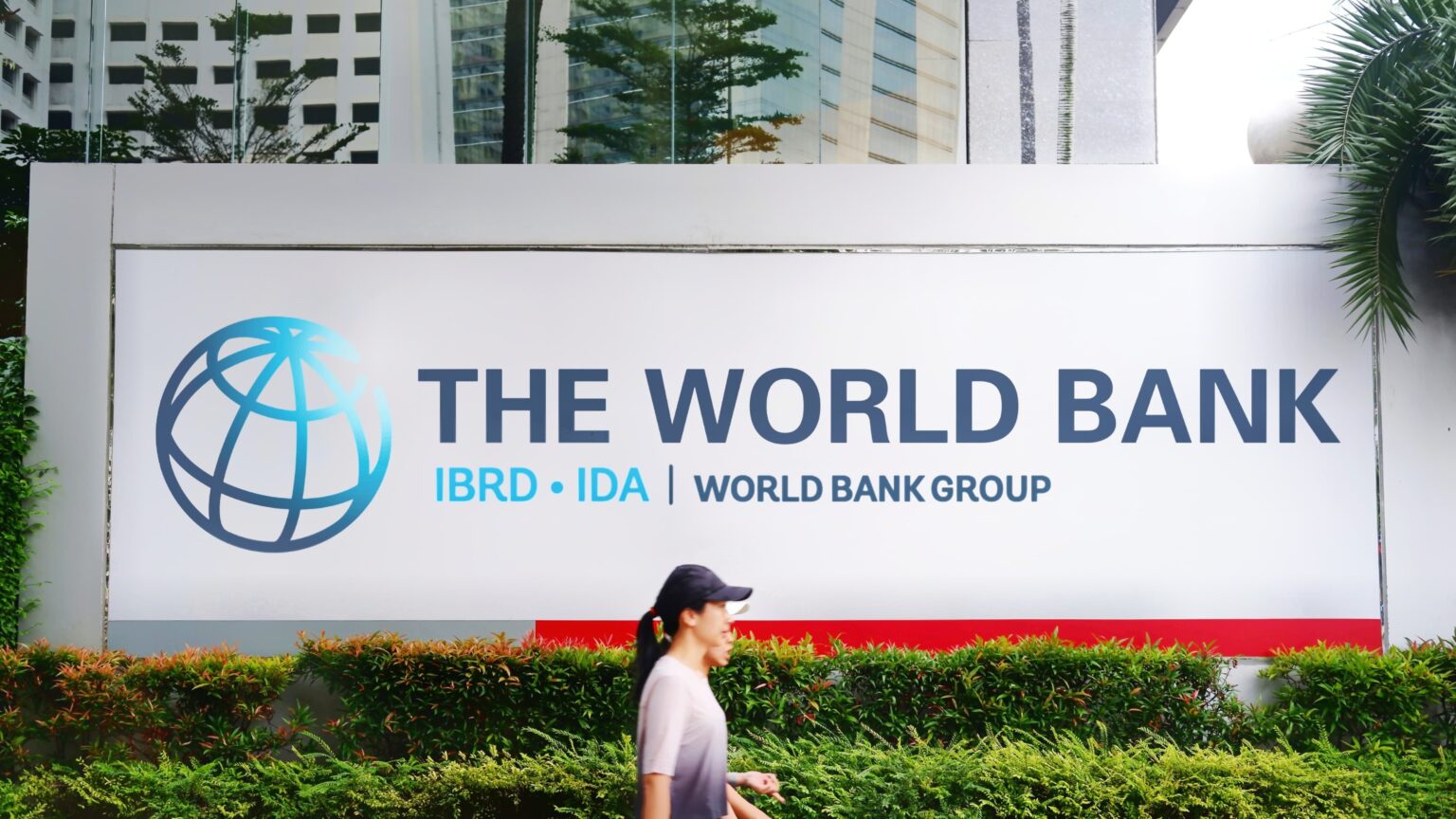On May 16, 2025, the World Bank announced a significant breakthrough in Syria’s economic future: the country’s arrears of approximately $15.5 million have been fully cleared. This clearance was made possible through payments facilitated by Saudi Arabia and Qatar, marking an important milestone in Syria’s path toward regaining access to international financial support.
For years, Syria’s outstanding debt had barred it from receiving grants and loans from the International Development Association (IDA), the World Bank’s fund dedicated to the poorest and most fragile countries. As of May 12, the World Bank confirmed that Syria now holds zero outstanding balances with the IDA. This paves the way for the country to become eligible for new funding aimed at reconstruction efforts and critical budget support, long delayed due to financial restrictions.
The clearing of arrears comes amid a shifting geopolitical landscape. The United States government recently announced plans to lift sanctions imposed on Syria, with the anticipated implementation of these changes within the coming weeks. In conjunction with this move, Washington has indicated it will grant waivers under the Caesar Syria Civilian Protection Act, a measure originally designed to maintain pressure on the Syrian regime through economic sanctions. These waivers will facilitate smoother international engagement and ease restrictions on aid delivery.
International Collaboration to Support Syria’s Recovery
With financial barriers now removed, the World Bank has signaled its intent to reengage with Syria by prioritizing urgent development projects. One of the immediate focuses will be on restoring electricity infrastructure across the country. Reliable electricity is vital not only for stimulating economic activity but also for ensuring the delivery of essential public services such as healthcare, education, and water supply — all sectors devastated by more than a decade of conflict.
Beyond the World Bank, the International Monetary Fund (IMF) is also increasing its presence in Syria. The IMF has appointed its first mission chief to Syria in 14 years, reflecting renewed international commitment. The IMF plans to offer technical assistance to Syria, focusing on rebuilding financial institutions and policy frameworks critical to economic governance. This includes revamping data collection systems and strengthening government capacity in economic management.
Earlier in April, a joint meeting was held involving representatives from the IMF, World Bank, Saudi Arabia, and Syrian officials. This high-level engagement reaffirmed the collective international interest in supporting Syria’s economic stabilization and long-term recovery.
Rebuilding Financial Infrastructure and Mobilizing Aid
Restoring Syria’s financial infrastructure is recognized as a key challenge to reintegration into the global financial system. Experts stress that rebuilding access to international banking networks, such as SWIFT, and modernizing Syria’s financial institutions will be fundamental to enabling economic growth and investment.
The IMF’s technical support will be crucial in assisting Syria to meet international standards and rebuild trust with global partners. This effort will complement ongoing initiatives by other organizations.
The United Nations Development Programme (UNDP) has announced plans to contribute $1.3 billion in aid over the next three years. This funding aims to address war-torn infrastructure reconstruction, promote entrepreneurship through digital startups, implement social protection programs, and explore the integration of innovative technologies like artificial intelligence to enhance governance and service delivery.
Coordinated funding from the World Bank, IMF, and regional countries including Saudi Arabia and Turkey is expected to play a pivotal role in financing Syria’s rehabilitation.
Toward Economic Stability and Growth
The clearance of Syria’s World Bank debt combined with the easing of U.S. sanctions signals an important turning point in the country’s long and difficult recovery process. While the challenges ahead remain significant — including ongoing political tensions and humanitarian needs — the renewed international support opens new opportunities for rebuilding.
Financial aid, technical assistance, and infrastructure projects are set to lay the foundation for economic stabilization and gradual growth. Syria’s reintegration into international financial systems will also facilitate trade and investment, fostering a more sustainable future.
The coming months and years will be critical as Syria works to restore its institutions, infrastructure, and economy with the backing of global partners committed to supporting its recovery journey.


